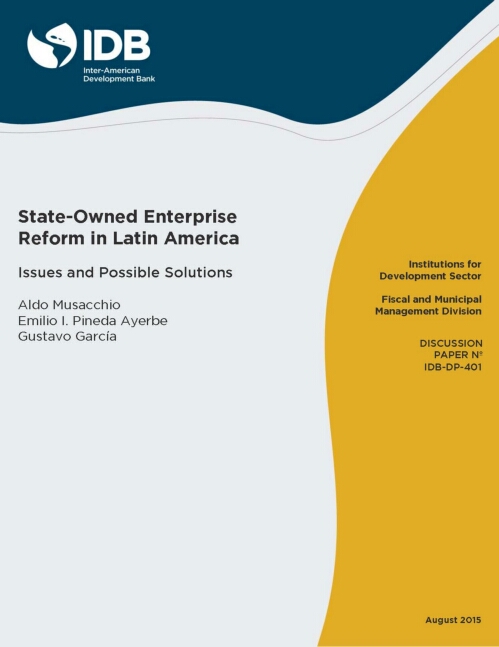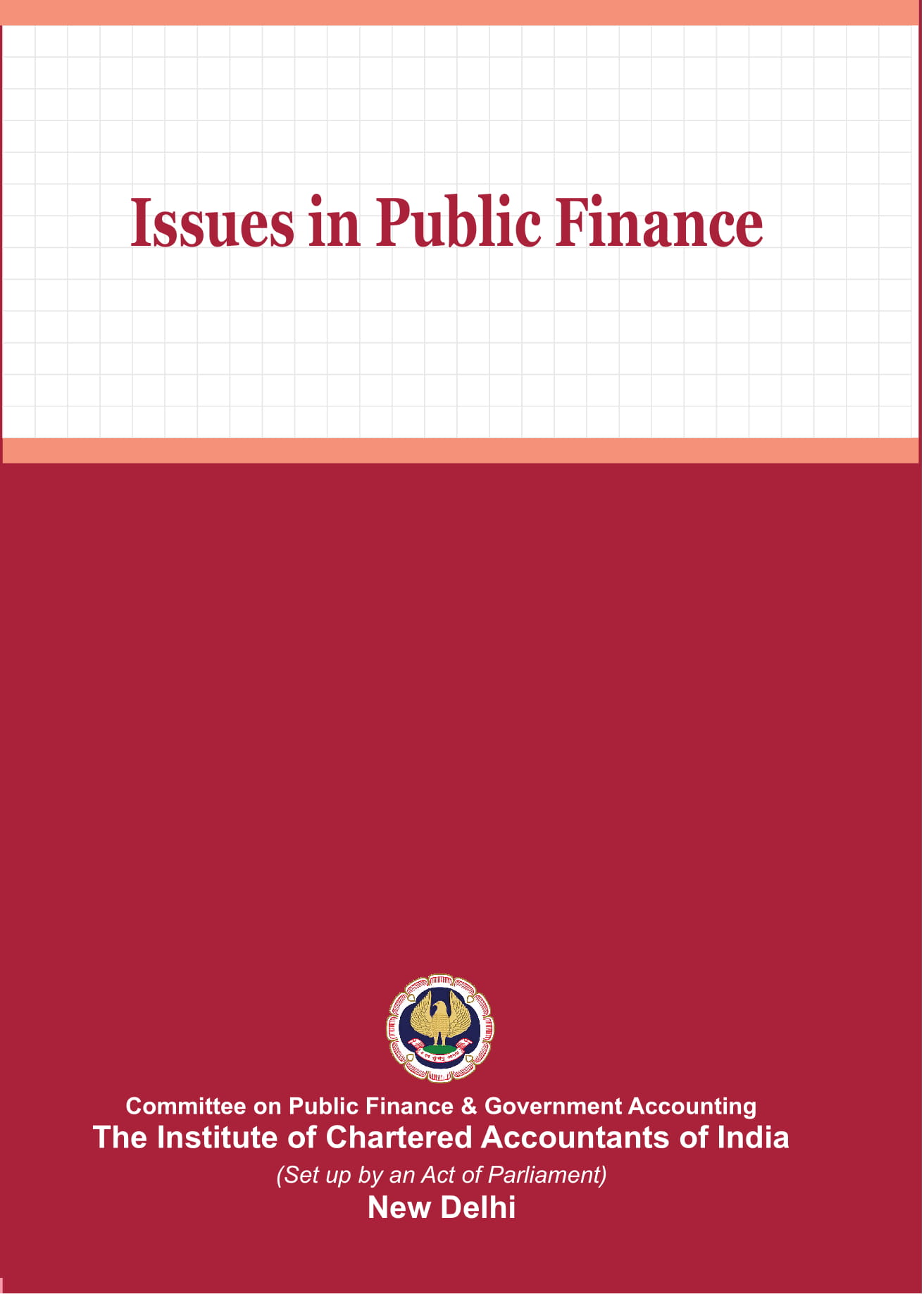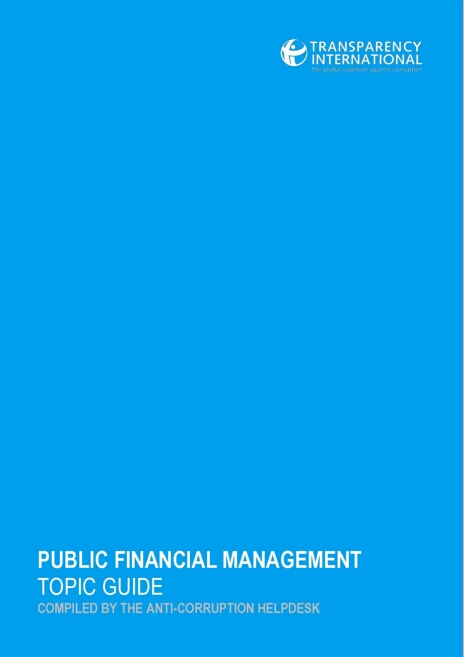State-Owned Enterprise Reform in Latin America Issues and Possible Solutions
- Aldo Musacchio, Emilio I. Pineda Ayerbe, Gustavo García
- Aug 2015
- Inter-Amercian Development Bank (IDB)
- International
This paper examines the challenges governments in Latin America face to control their state-owned enterprises (SOEs). It argues that governments can rely on a variety of reforms to address some of the main problems affecting SOEs. These problems are divided into corporate governance problems, which include agency and multiple-principals problems; and the fiscal governance problem, which has to do with the discretionary nature of the fiscal relationship between government and its enterprises. The paper discusses a variety of solutions for each of these problems. Rather than providing a single recipe, it argues that governments can design governance mechanisms that rely on the market (e.g. by partially privatizing a firm and listing it on a stock exchange), on ex-ante administrative controls, or on hybrid solutions that combine both. Thus, the paper argues that the mechanisms to deal with the problems of SOEs have to be designed on a case-by-case basis, taking into account the specific problems of the public enterprise in question and the economic (and political) environment affecting it.









